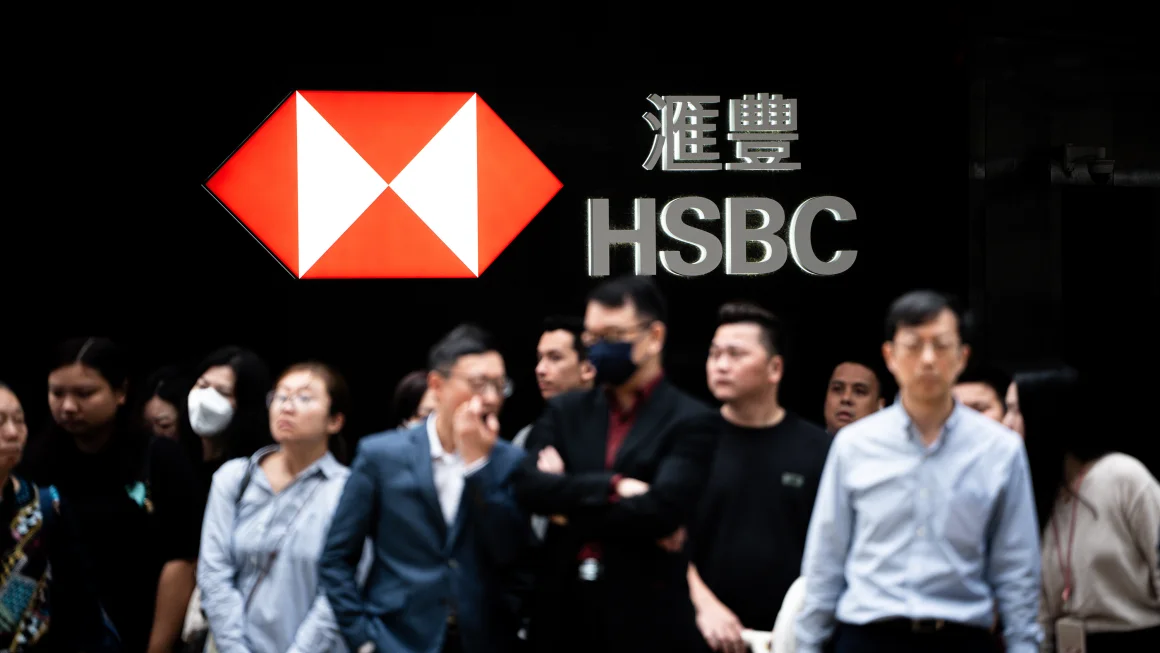In recent months, the economic turbulence in China has extended its reach beyond national borders, tangibly affecting global financial institutions. A vivid illustration of this impact emerged last Wednesday when HSBC, a leading Asia-focused lender, disclosed a significant downturn in its quarterly profit. The bank reported an 80% fall in pretax profit for the final quarter of 2023, a stark decline attributed to substantial charges related to its engagements in China, including a $3 billion hit from its stake in the Bank of Communications (BoCom) and a distressing exposure to the country’s faltering real estate sector.
HSBC’s financial woes are emblematic of the broader challenges facing international banks with deep ties to the Chinese market. The lender’s pretax profit plummeted due to a confluence of adverse factors. Specifically, a $3 billion impairment was recognized following a December evaluation of future cash flows at BoCom, one of China’s largest banks. Additionally, HSBC confronted a $2 billion charge stemming from the divestiture of its retail banking operations in France, further complicating its financial landscape.
Moreover, HSBC earmarked $3.4 billion for provisions to cover expected credit losses and other charges linked to its exposure to mainland China’s commercial real estate sector. This provision underscores the ongoing vulnerabilities within China’s property market, which has been in a crisis since 2021. A government crackdown on developer borrowing precipitated a liquidity crunch, leading to a sustained downturn characterized by declining investment, sales, and a wave of developer defaults, including the high-profile collapse of Evergrande.
Despite these setbacks, HSBC’s leadership maintains an optimistic outlook on China. Chairman Mark Tucker highlighted China’s post-reopening recovery and a growth rate aligned with the nation’s 5% annual target for 2023. Tucker expressed confidence in the positive impact of recent policy measures to support the property sector and mitigate local government debt issues. This stance reflects a belief in the resilience and potential for recovery within the Chinese economy despite current challenges.
While shadowed by significant impairments, HSBC’s financial results also revealed a record annual profit of $30.3 billion for 2023, marking a 78% increase from the previous year. However, this achievement was overshadowed by the charges related to its Chinese engagements, leading to a notable decline in its share value in both Hong Kong and London markets.
The situation at HSBC is common among European banks. Standard Chartered, another primary lender, reported a $186 million credit impairment charge related to commercial real estate in China in October, signifying a widespread concern among global banks about the Chinese market’s volatility.
The unfolding scenario serves as a cautionary tale about the interconnectedness of global finance and the potential for regional economic issues to have far-reaching consequences. As banks like HSBC navigate these turbulent waters, their experiences underscore the importance of vigilance and adaptability amid financial uncertainties.




















